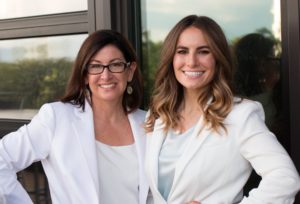Perhaps one of the highlights of the conference for me was the presentation by Ruth Van Reken, who co-authored the book, Third Culture Kids: Growing Up Among Worlds, with the late David Pollock. This is the defining book for all who are interested in the lives of Third Culture Kids. (The newest revised edition just came out.) Ruth is a legend in the field of TCK and cross-cultural research, and spreads the message about these kids around the world with the zeal of a missionary. Therefore, I was thrilled to be there for her session.
In it, she explored the theme that all of us who have our own children who are TCKs, or who work with, TCKs, know all too well. And that is, the experiences that our children have had growing up internationally are rarely understood, validated, appreciated, or even acknowledged when they repatriate to the country of their passport. Even in schools, where one would hope that school educators would exhibit more curiosity, the experiences of the Global Nomad are usually ignored. Thus, our kids, who have so much richness to offer others, often feel shut down, strange, different, weird, and alienated from others when it comes to this element of their lives.
What can be done about this? Ruth has worked with teachers and school systems over the years, and she says the first point is that local educators need to be convinced that awareness of TCKs is important. The audience participants broke into groups to discuss how this awareness might be raised, and several good strategies were suggested. The conclusion of the group was that each of us has a responsibility to carry the message forward in our own circles, our children’s classrooms, and in our schools. Our dream would be to see multi-cultural and cross-cultural education be a greater part of teacher education, too. This means not just raising awareness about racial multiculturalism and diversity, but awareness about diversity of thought. TCKs may look like everyone else, but have so much more to offer about their perspectives of the world. I personally felt validated in my own work for TCKs, and the articles and presentations I have done. I would gladly do more – just ask! (To see a listing of workshops I have led, see http://www.rebeccagrappo.com/presentations.html)
The other point that Ruth made is that diversity of thought and experience goes far beyond just TCKs – she talked about how few of us fit into any particular “box” anymore. She used the term “Cross-Cultural Kids (CCKs)” to show how truly multicultural people are in today’s world. This would include TCKs, and domestic TCKs. Ruth used President Barack Obama as an example of someone who would be able to draw from many of these categories – he is a TCK, bicultural, biracial, a child of an immigrant, an educational CCK (he attended a local school in Indonesia by day and returned to his home culture by night), and is the child of a minority. Did I leave anything out? If you are interested in reading more about his example, Ruth wrote an article “Obama’s Third Culture Team” that I have put on my website, along with other resources about TCKs, at http://www.rebeccagrappo.com/resources.html#tck.
The most important point for us to take away from this is that kids who have had cross-cultural experiences have the ability to empathize, communicate, and connect with other people. They can use their multicultural experiences to bring perspective and curiosity to the world around them. What a waste it would be for us to ignore these powerful gifts.










